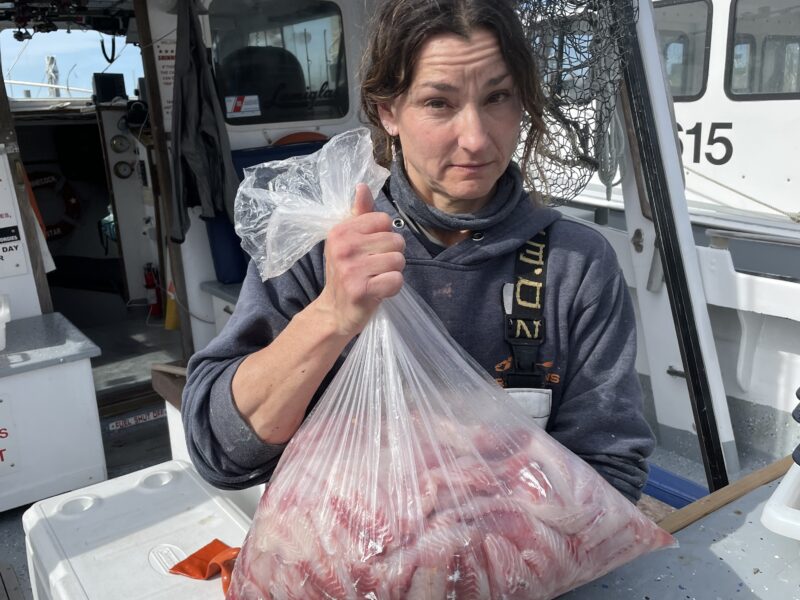

Lots of very good fishing to be had right now, no matter where you are or what your reach is.
There are striped bass, including some big ones, in all the bays now and roaming the ocean surf here and there.
Weakfish and porgies are stacked up in the Peconics, but can also be caught from shore if you are boatless (there’s also party boats selling relatively cheap tickets) and the fluke bite is taking shape with the new regs putting a fair number of keepers on ice for those working the bottoms diligently.
There are also mackerel and squid moving through our waters if you want to stock up on some bait for the rest of the season.
There is some fairly good news from the fisheries management world.
First, the Atlantic State Marine Fisheries Commission finalized Amendment 7 to its Striped Bass Management Plan and after decades of blundering and wasting the successes of the past, they settled on a distinctly conservationist version of rule making going forward. It was hard for them to avoid, with the outpouring of input from fishermen — hopefully some of the readers of this column.
Most importantly, I think, the commission reined in the “conservation equivalency” allowance in the management plan that has left some states like New Jersey to apply poor or manipulated statistics data to set striped bass catch limits that are grossly out of whack with what the ASMFC’s biologists and board members have agreed are necessary to help striped bass rebuild their biomass. There are new requirements on the quality of data and an outright ban on applying conservation equivalency rules when the stock is in an “overfished”condition, as it is now.
The final amendment will expedite the application of new control measures if one of several “triggers” of concern are crossed.
The commission was still clearly perplexed by how to reduce “dead discards,” the death of fish that are caught by recreational anglers and released but die of exhaustion or their wounds anyway. These wasted fish account for about half of all striped bass mortality according to scientific estimates.
I still think that the only way to do this is a massive and relentless public education campaign about respectful handling of fish and more controls on the type of tackle that fishermen may use to hook striped bass — treble hooks need to be limited and really should probably be banned outright. I’ve eliminated the rear treble hook on all my lures and remove the back hooks entirely from any lure that is 6 inches or less.
I would encourage all anglers to do the same until the rule makers tell everyone to.
Catch ’em up. See you out there.
 More Posts from Michael Wright
More Posts from Michael Wright